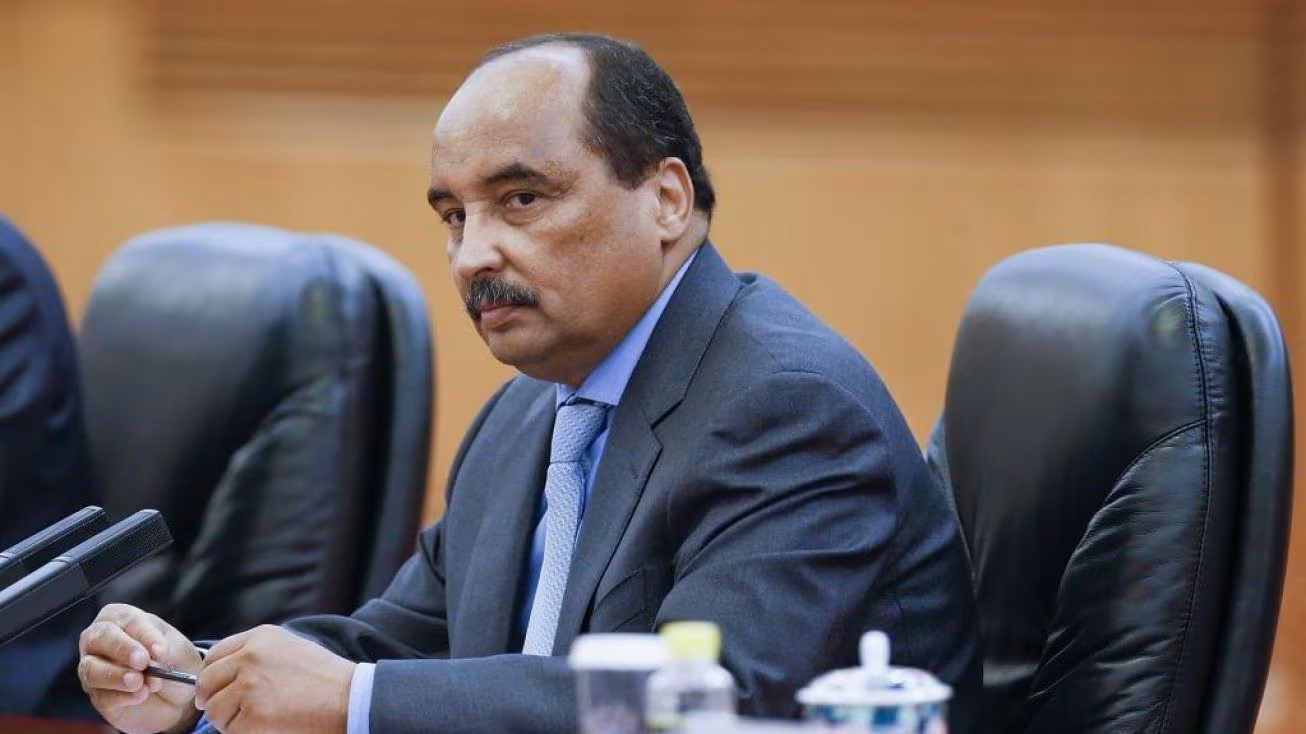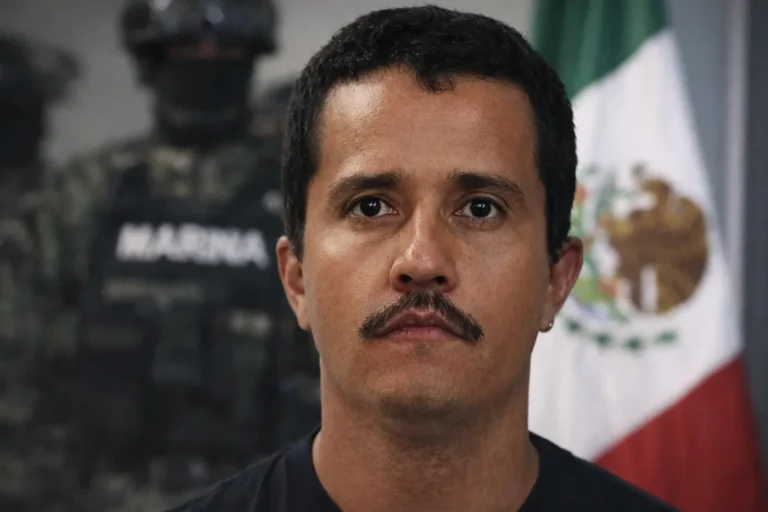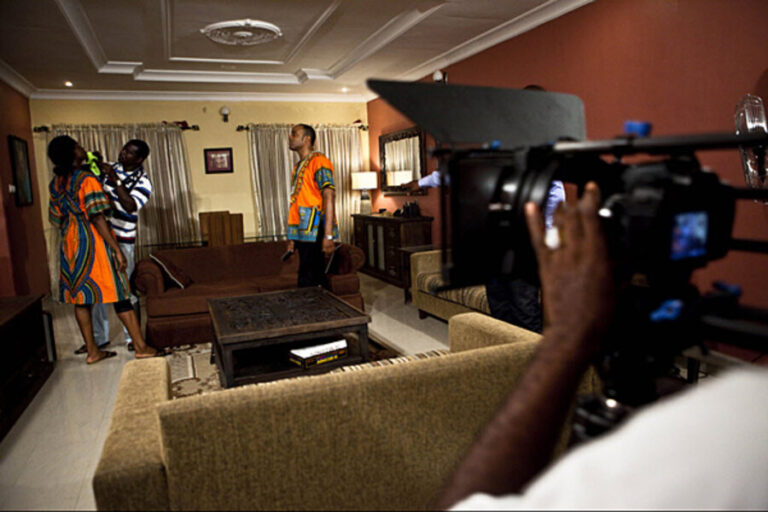
Mauritania Jails Ex-President for Corruption Scandal
Mauritania jails ex-president for corruption in what is being described as a landmark anti-graft ruling in West Africa. Former President Mohamed Ould Abdel Aziz has been sentenced to 15 years in prison and fined $3 million after an appeals court upheld and escalated his earlier conviction. The new ruling replaces a five-year sentence delivered in 2023 and sends a strong message about accountability for leaders in Mauritania and beyond.
The appeals court, sitting in Nouakchott, the capital of Mauritania, ruled that the evidence presented against Aziz was overwhelming. Judges found that the former president had amassed wealth illegally during his tenure from 2009 to 2019. The court also stated that he failed to account for hundreds of millions of dollars traced to his personal and family-controlled bank accounts.
Mohamed Ould Abdel Aziz Sentenced Again
This latest development means Mauritania jails ex-president for corruption with a significantly harsher sentence. The former president had initially been sentenced to five years for illicit enrichment, abuse of office, and money laundering. However, state prosecutors appealed the decision, describing it as too lenient given the scale of embezzlement and state capture involved.
The appeals court agreed with the prosecution and revised the sentence to 15 years. It also imposed a fine of $3 million, adding that any assets not declared by the former president would be seized by the state. According to court records, those assets include luxury real estate, offshore accounts, and high-value vehicles.
The conviction of Mohamed Ould Abdel Aziz has become a defining moment in the ongoing Mauritania corruption case, marking one of the few times an African head of state has faced lengthy imprisonment for corruption.
A Presidency Plagued by Allegations
Mauritania jails ex-president for corruption after years of allegations tied to Aziz’s administration. During his decade-long rule, critics accused the former president of centralizing power, restricting press freedom, and mismanaging public funds. His critics say he created a “shadow economy” operated by a network of loyalists and family members.
The corruption allegations first gained momentum in 2019 when he stepped down from office and his successor, Mohamed Ould Ghazouani, took over. Though both were once close allies, Ghazouani began distancing himself from Aziz amid rising public anger over corruption.
Shortly after, parliament launched a probe into Aziz’s handling of state assets. This investigation uncovered major irregularities in state contracts, oil sales, fishing licenses, and land deals.
Public Reaction in Mauritania
News that Mauritania jails ex-president for corruption has been met with widespread approval by the public. Many citizens see the sentence as long overdue and a chance to cleanse the country’s political system.
Local civil society organizations and anti-corruption campaigners hailed the ruling as a victory for justice. “This is a bold step,” said Fatimata Ba, director of Transparency Mauritania. “For too long, leaders have looted the public purse with impunity. The conviction of Aziz proves no one is above the law.”
On social media, Mauritanians expressed support for the court’s decision. Some users shared hashtags such as #JusticeForMauritania and #AzizCorruptionCase to celebrate the verdict.
International Reactions and Legal Significance
The international community has also been following the Mauritania corruption case closely. Organizations like the African Union and United Nations have repeatedly emphasized the importance of transparent governance in the region.
Analysts say the ruling adds to a growing trend of African nations holding former leaders accountable. Similar cases in South Africa, Angola, and Sudan indicate a continental shift toward anti-corruption reforms.
By sentencing a former president to 15 years in prison, Mauritania’s judiciary has asserted its independence and signaled that accountability is no longer optional.
“This case sets a legal precedent,” said Professor Samba Sow, a West African legal expert. “It shows that even those who once held the highest office can be brought to justice if there’s political will.”
Defense Cries Political Witch-Hunt
However, the defense team for Mohamed Ould Abdel Aziz has described the verdict as politically motivated. They argue that the trial lacked fairness and that the judiciary was pressured by the current administration to secure a conviction.
“We reject this ruling,” said defense lawyer Yahya Taya. “It’s a political witch-hunt disguised as a legal proceeding. We will appeal again, even to international courts if necessary.”
Despite the outcry, prosecutors insist that the case was handled lawfully. They presented over 8,000 pages of financial records, witness testimonies, and international bank statements to prove the corruption charges.
Corruption and Development in Mauritania
That Mauritania jails ex-president for corruption is particularly important for a country struggling with poverty and underdevelopment. Mauritania, a largely desert nation, ranks among the world’s poorest countries despite its natural wealth in gold, iron ore, and fish.
Critics argue that Aziz’s alleged corruption siphoned off vital resources that could have been used for education, healthcare, and infrastructure. Over 40% of the population lives below the poverty line, and youth unemployment remains high.
Economists believe that high-profile convictions like this could improve investor confidence and reduce systemic corruption. The Mauritania corruption case is expected to influence how international donors and financial institutions engage with the country going forward.
What’s Next for the Former President?
With Mauritania jails ex-president for corruption now official, Mohamed Ould Abdel Aziz is expected to serve his sentence in a high-security prison in Nouakchott. However, there are still legal steps ahead. His legal team plans to file a final appeal to the country’s Supreme Court.
In the meantime, the state is moving to recover assets linked to the corruption case. This includes frozen bank accounts in Europe and real estate assets in Dakar and Dubai.
Aziz, who ruled Mauritania with an iron grip for ten years, now finds himself at the mercy of the same justice system he once controlled.






